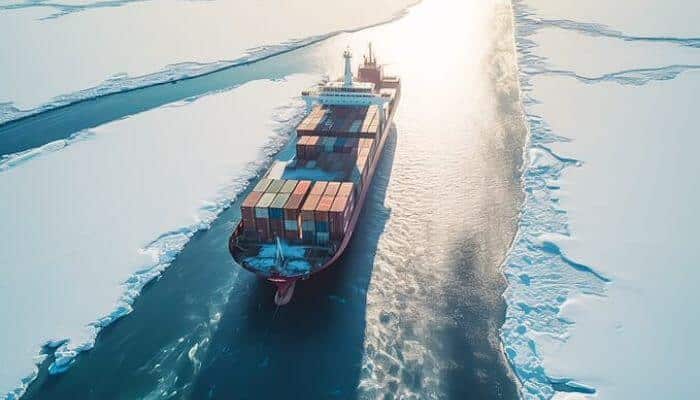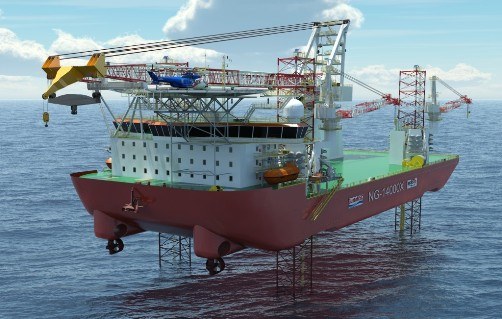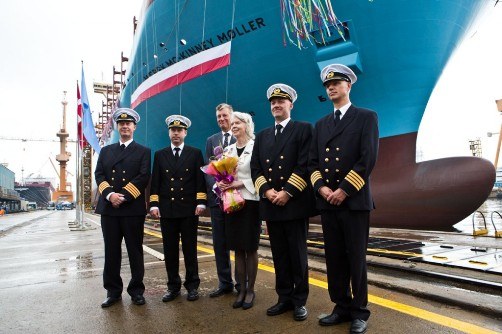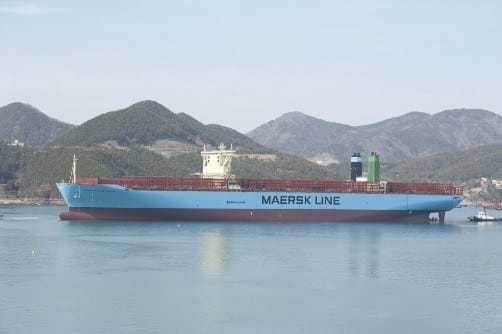IMO Takes Action To Prevent Plastic Pellet Pollution In Maritime Transport
The IMO has been advancing efforts to ensure the safe transportation of plastic pellets on vessels that can damage the marine environment when released into the sea. Meeting from 19–23 February at the IMO Headquarters based in London, the organization’s Sub-Committee on Pollution Prevention and Response (abbreviated the PPR 11) agreed on draft recommendations for the transportation of plastic pellets by the sea with some draft guidelines associated with the clean-up of plastic pellet leaks from vessels.
This draft recommends carrying plastic pellets by sea in freight containers: Plastic pellets must be packed in robust packaging to withstand the shocks and loadings generally faced while in transport.
The packaging must also be constructed and closed to prevent loss of content that may be caused under any normal condition related to transport by any vibration/acceleration forces. Transport information must identify the freight containers loaded with plastic pellets.

In addition, the shipper must supplement cargo information with a stowage request for proper stowage. Freight containers having plastic pellets must be properly stowed and secured to reduce the chances of hazards to the marine environment without compromising the safety of the ship or the people on board. They must be stowed under the deck wherever practicable or inboard in safe and sheltered areas of a ship’s exposed decks.
The recommendations that target preventing a spill of pellets will be submitted for urgent and immediate consideration and approval by the Marine Environment Protection Committee at the meeting in March 2024 (MEPC 81). In case of a spill, the draft clean-up approaches provide practical guidance to relevant government authorities and other entities to develop wide-scale national techniques along with smaller-scale site-specific response schemes.
The guidelines fully cover contingency planning, post-spill monitoring, response, analysis, intervention, and cost recovery. These will be updated as the broader industry gains more excellent experience with their applications. The draft clean-up guidelines will be submitted to the MEPC 82 in October 2024 for further consideration. The Sub-Committee sent invitations to the Member States to deploy these guidelines early on, pending formal approval.
The Sub-Committee conducted extensive discussions on viable amendments to the IMO mandatory instruments related to plastic pellets and will continue the discussions in future sessions. Plastic pellets are tiny plastic granules that are used as raw material in developing the development of ems.
Typically transported by the ton in freight containers, spills in oceans can massively harm marine life and impact fishing, tourism, and aquaculture activities. The latest incident occurred off the Galicia coast in Spain when several millions of pellets were washed ashore following an accidental release from a vessel.
Other issues that were discussed at the PPR 11 include the effect of emissions of Black Carbon on the Arctic zone, guidance related to the in-water cleaning to support the implementation of the Biofouling Guidelines of 2023, release of discharge water via exhaust gas cleaning procedures, enhancing the performance of sewage treatment plants as well as reporting of any lost fishing gears.
Reference: IMO
Disclaimer :
The information contained in this website is for general information purposes only. While we endeavour to keep the information up to date and correct, we make no representations or warranties of any kind, express or implied, about the completeness, accuracy, reliability, suitability or availability with respect to the website or the information, products, services, or related graphics contained on the website for any purpose. Any reliance you place on such information is therefore strictly at your own risk.
In no event will we be liable for any loss or damage including without limitation, indirect or consequential loss or damage, or any loss or damage whatsoever arising from loss of data or profits arising out of, or in connection with, the use of this website.
Disclaimer :
The information contained in this website is for general information purposes only. While we endeavour to keep the information up to date and correct, we make no representations or warranties of any kind, express or implied, about the completeness, accuracy, reliability, suitability or availability with respect to the website or the information, products, services, or related graphics contained on the website for any purpose. Any reliance you place on such information is therefore strictly at your own risk.
In no event will we be liable for any loss or damage including without limitation, indirect or consequential loss or damage, or any loss or damage whatsoever arising from loss of data or profits arising out of, or in connection with, the use of this website.
Do you have info to share with us ? Suggest a correction
About Author
Marine Insight News Network is a premier source for up-to-date, comprehensive, and insightful coverage of the maritime industry. Dedicated to offering the latest news, trends, and analyses in shipping, marine technology, regulations, and global maritime affairs, Marine Insight News Network prides itself on delivering accurate, engaging, and relevant information.

About Author
Marine Insight News Network is a premier source for up-to-date, comprehensive, and insightful coverage of the maritime industry. Dedicated to offering the latest news, trends, and analyses in shipping, marine technology, regulations, and global maritime affairs, Marine Insight News Network prides itself on delivering accurate, engaging, and relevant information.
Related Articles
Daily Maritime News, Straight To Your Inbox
Sign Up To Get Daily Newsletters
Join over 60k+ people who read our daily newsletters
By subscribing, you agree to our Privacy Policy and may receive occasional deal communications; you can unsubscribe anytime.




BE THE FIRST TO COMMENT